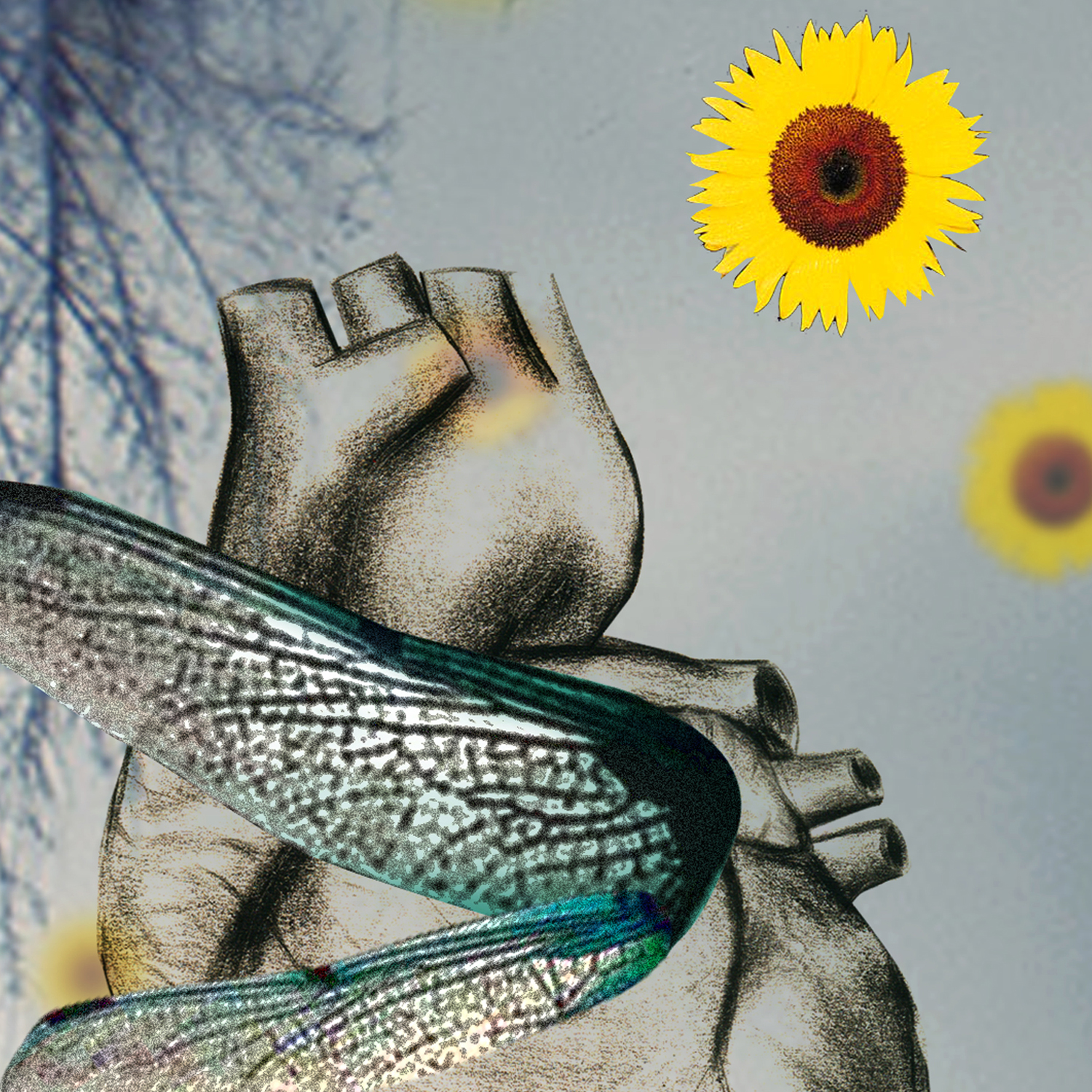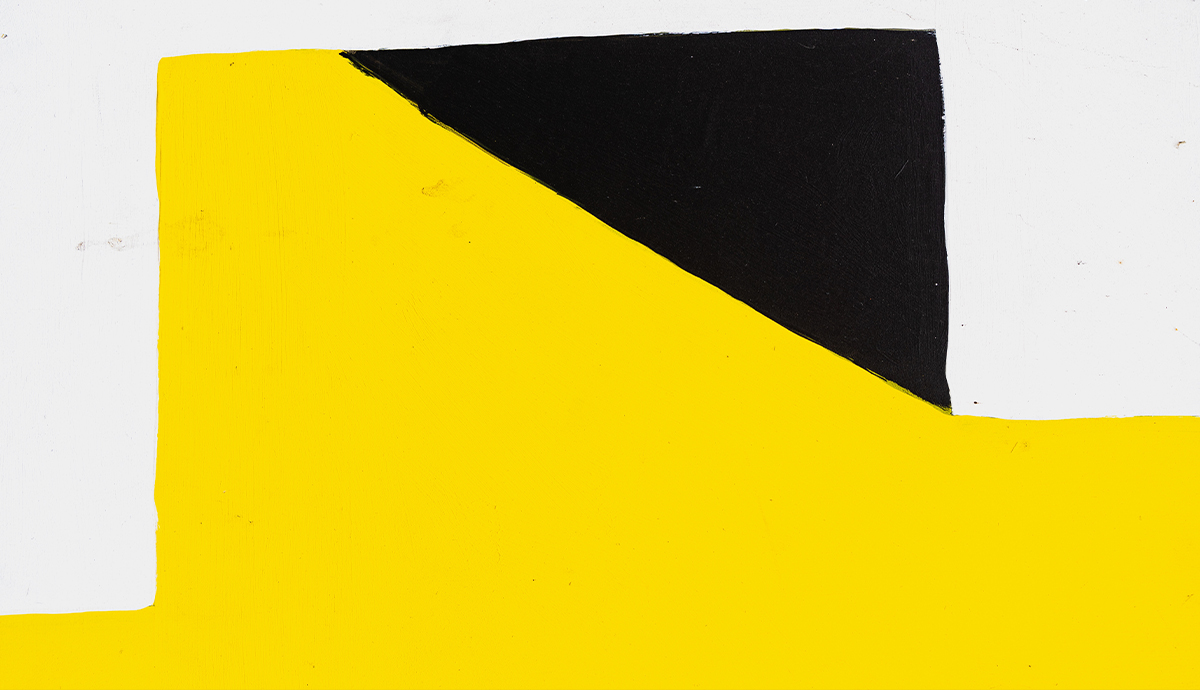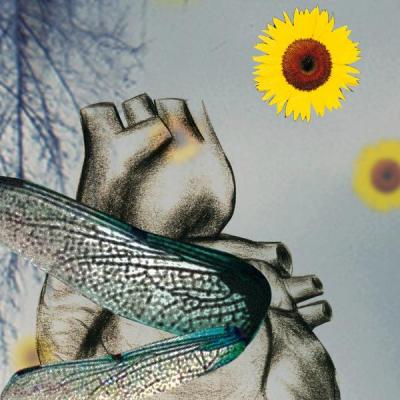Poetry of Philosophy, Philosophy of Poetry

I am often asked about the relationship between—specifically the intersection of—poetics and philosophy. Usually, the question begins with the ontological: the notion of “the poem” and “philosophy” (what
the poem/philosophy is rather than what it does).
The question of “what a poem is” should, I believe, go unanswered (and ultimately it must, because any worthwhile poetics cannot be reified or confined). Moreover, the question should be problematized as we must problematize the a priori notion of “the poem” and “philosophy.”
A better question, one I think we should ask, is: What does philosophy do that poetry does not? And vice versa.
Deleuze says that philosophy is “the act of making concepts.” Poet, from Greek poetes, means “maker.” A poet makes, creates, composes. So does the philosopher. But what is being made? Images, sounds, signs. Ultimately, concepts. Poets and philosophers make the immaterial.
Many then suggest that the difference between the poem and the philosophical text is that one makes concepts, the other feelings. But what is a feeling but a concept—each being an abstraction of sorts—the thing that skirts around the edges of our understanding? Both the poem and philosophy are born from the unspeakable, the unspeakability of what wants to be spoken. This is why the intersection of both fields is silence, not the signifier.
Wittgenstein says, “philosophy ought to be written as poetic composition.” But perhaps we might go further, perhaps we need not draw a line between them to begin with. If we dissolve the distance between the cohesive notion of the poem and philosophy, the one from the other, we trace the space where both have always existed: in between things, the interstice.
It helps to conceive of the poem then as less of a house and more of a field or a roadway. A place of transportation and movement rather than consistent inhabitability. One cannot live in a poem for long. Its feelings are fleeting, its windows and doorways open and close to us in every earthly season.
“I don’t believe that there is a specifically philosophical writing,” writes Derrida. “Each time philosophy has been opposed, it was also, although not only, by contesting the properly, authentically philosophical character of the other’s discourse.”
So, to try and speak, to really speak, we must break with the confines of a predetermined grammar, construction, and thought (what Eliot called a “raid on the articulate”). Because both poetry and philosophy concern themselves with this: articulating the inarticulate, speaking the unspoken (perhaps the unspeakable)—whether it be sonic, syntactic, or spatial.
Just as the best poetry uses language in ways that defy “proper” diction, grammar, so too does the best philosophy use language in ways that defy the axioms of “the philosophical text,” moving us towards a poetics-of-philosophy.
Recommended
Nor’easter
Post-Op Appointment With My Father
Cedar Valley Youth Poet Laureate | Fall 2024 Workshop








